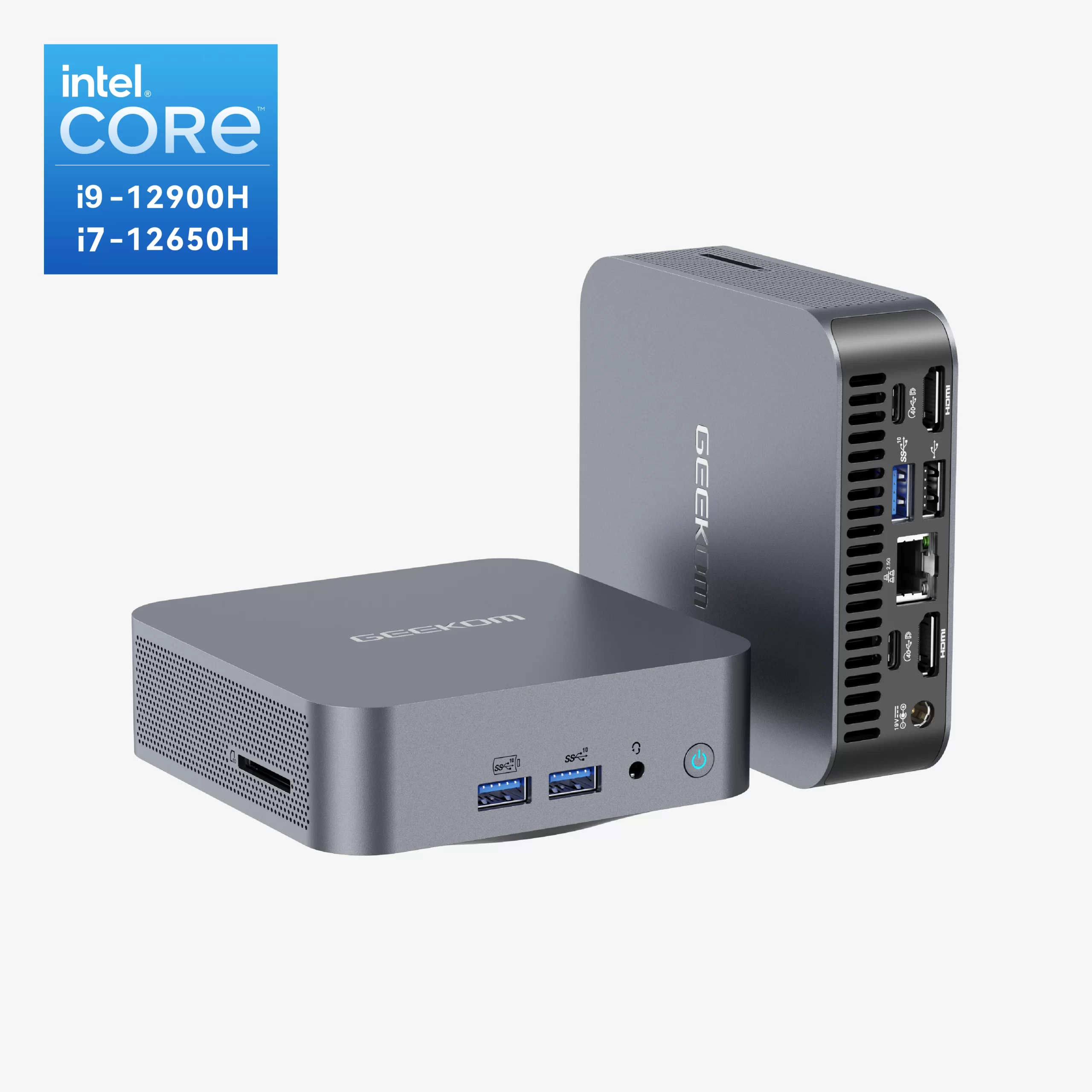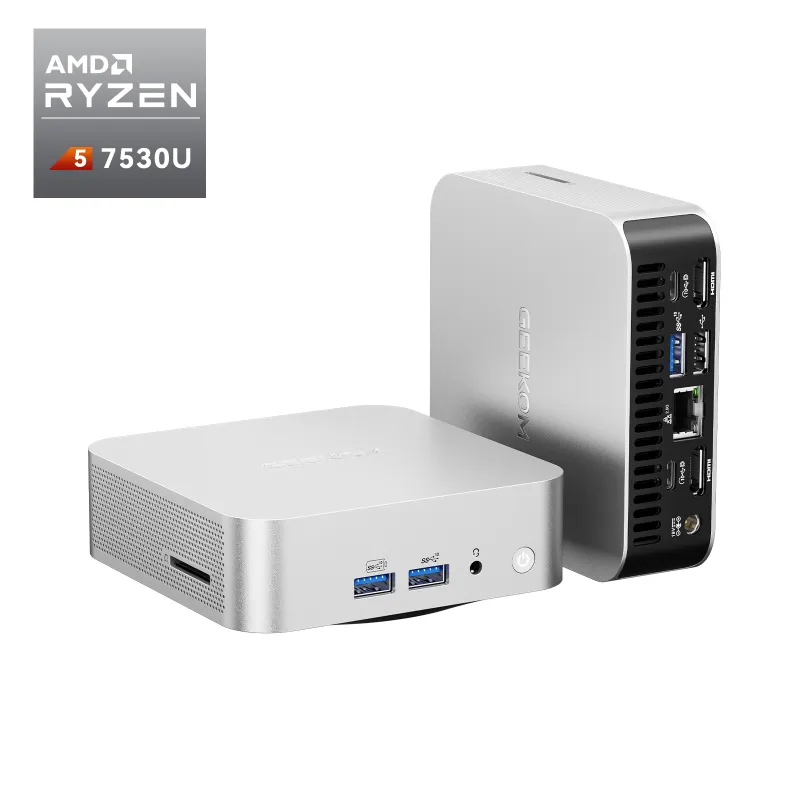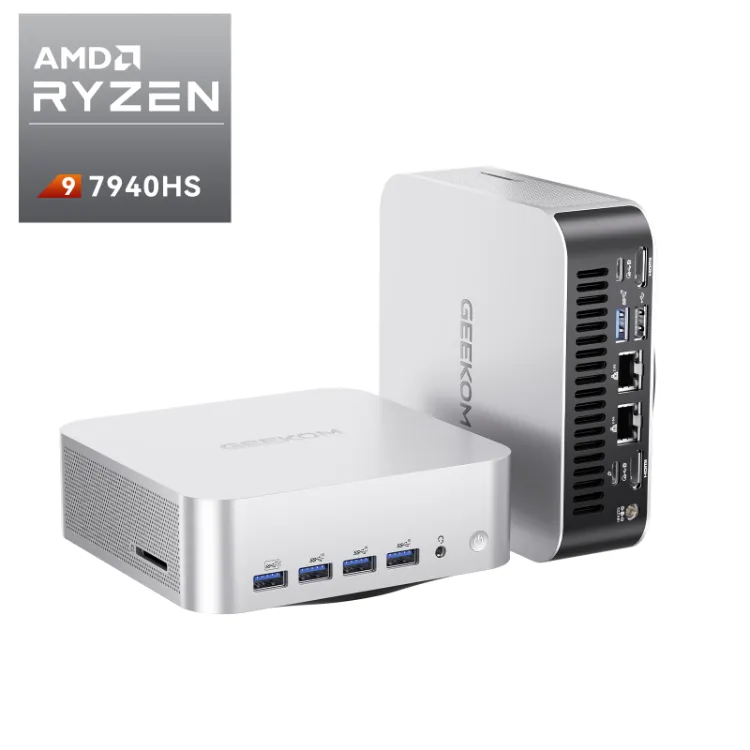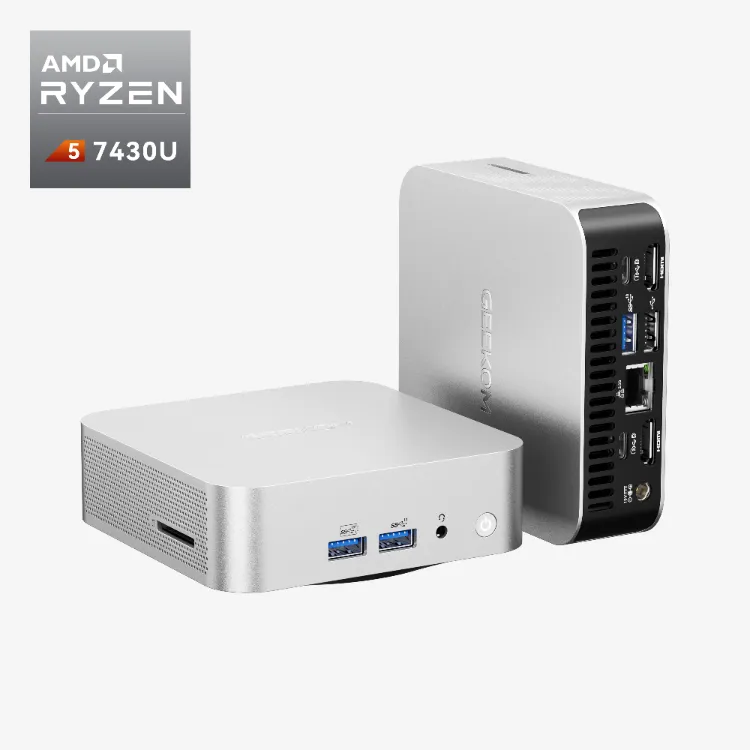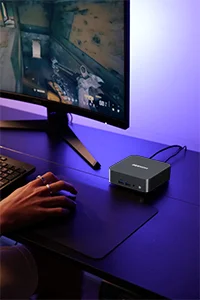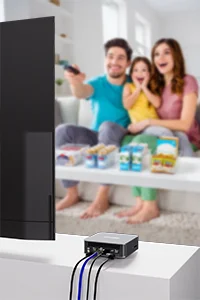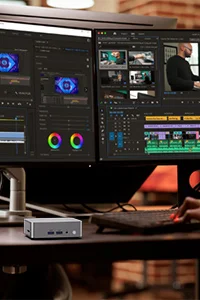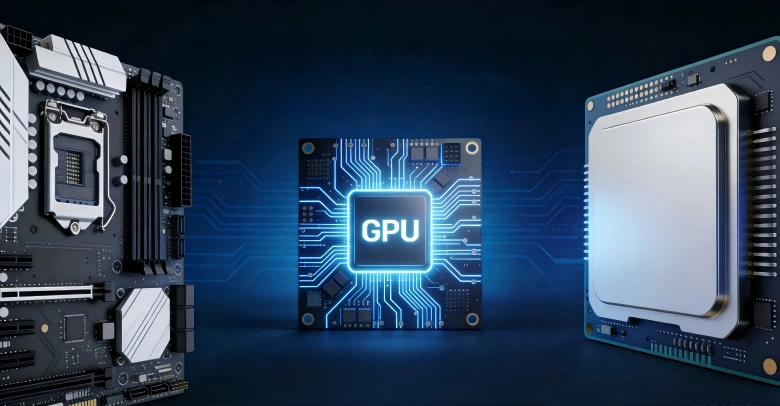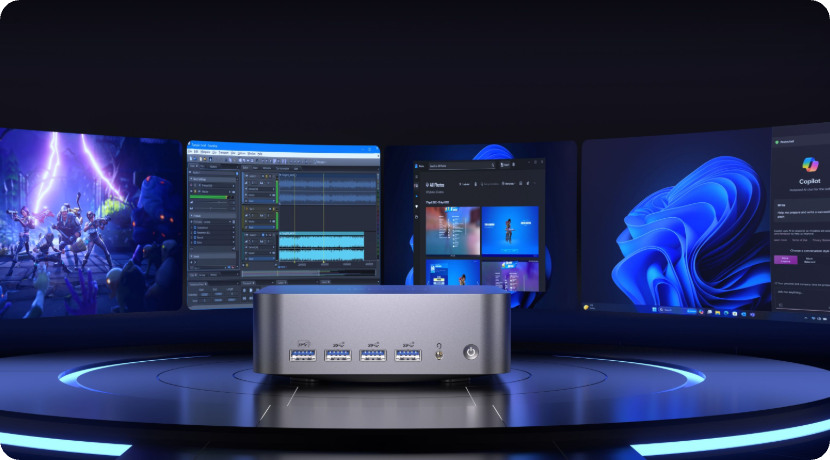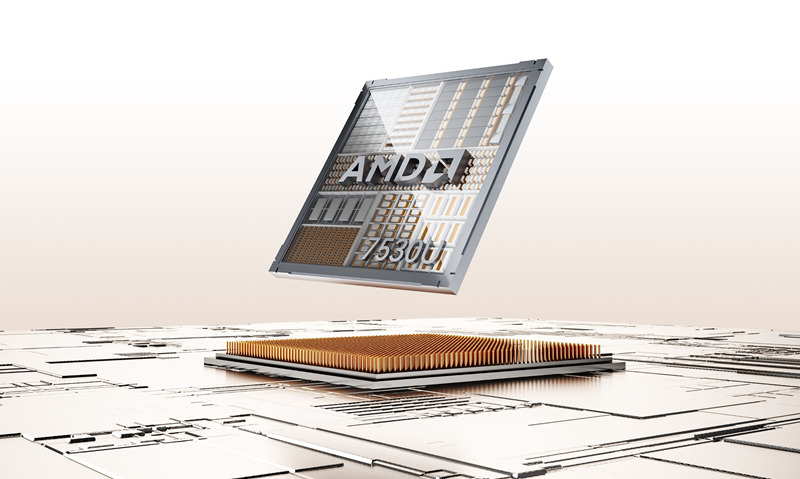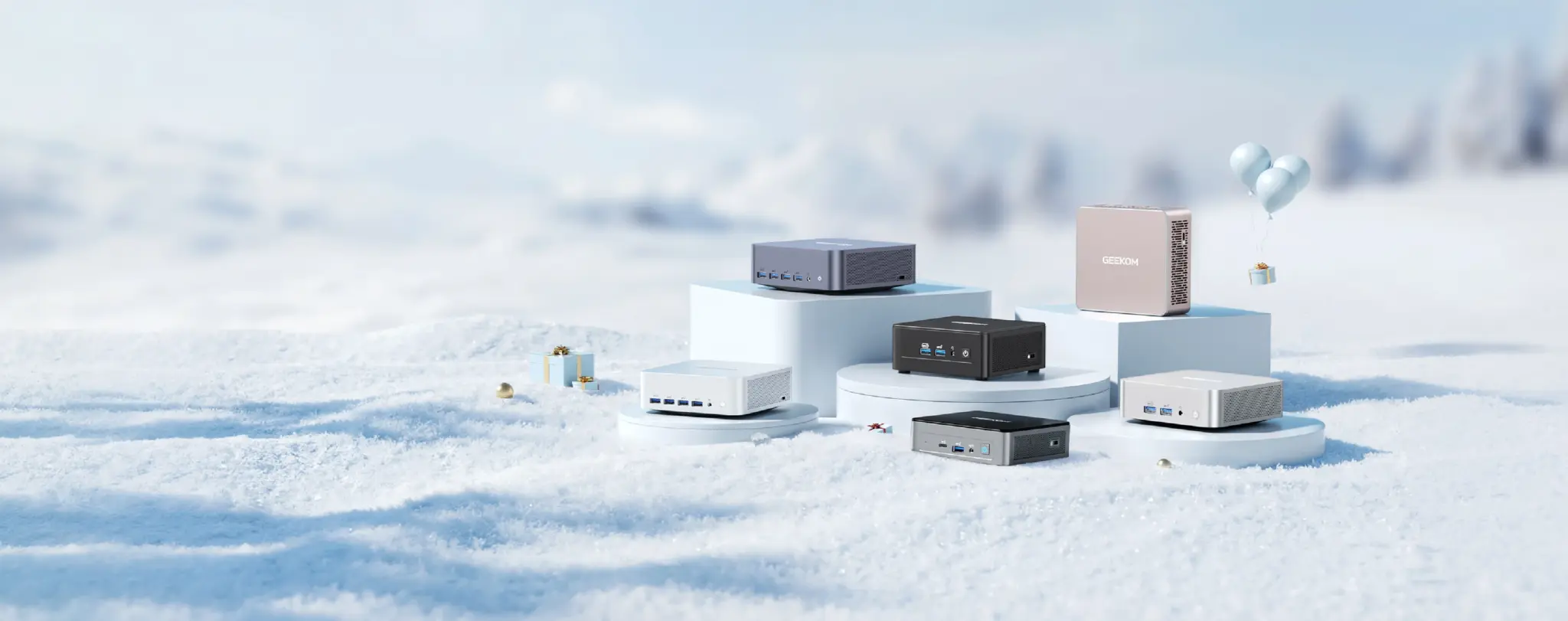If your PC keeps crashing, it could be due to various reasons, ranging from hardware issues to software problems. Here are some common causes and potential solutions:
1. Overheating
- Cause: Overheating is a common reason for PC crashes. If your computer’s internal temperature gets too high, the system may shut down to prevent damage.
- Solution: Check the cooling system, including fans and heat sinks. Clean out any dust that might be blocking airflow. Consider using a cooling pad if you’re using a laptop.
2. Hardware Issues
- Cause: Faulty hardware components like RAM, hard drive, or graphics card can cause instability and crashes.
- Solution: Run hardware diagnostic tools (like Windows Memory Diagnostic for RAM or hard drive diagnostic software from your HDD/SSD manufacturer). If a specific component is failing, it may need to be replaced.
3. Driver Problems
- Cause: Outdated or incompatible drivers, particularly for your graphics card or motherboard, can cause crashes.
- Solution: Update all drivers, especially graphics and chipset drivers. You can do this via Windows Update or by visiting the manufacturer’s website.
4. Software Conflicts
- Cause: Conflicting software, especially system utilities or antivirus programs, can lead to crashes.
- Solution: Try uninstalling recent software updates or programs to see if the issue is resolved. Running your PC in Safe Mode can help identify if the problem is software-related.
5. Malware or Viruses
- Cause: Malware can cause system instability, leading to frequent crashes.
- Solution: Run a full system scan using reliable antivirus software. Remove any detected threats.
6. Corrupted System Files
- Cause: Corrupted system files or a damaged operating system can result in crashes.
- Solution: Run the System File Checker tool (sfc /scannow) via Command Prompt to repair corrupted files. You might also consider performing a system restore or reinstalling Windows if the issue persists.
7. Power Supply Issues
- Cause: A faulty or insufficient power supply can cause your PC to crash, especially under load.
- Solution: Ensure your power supply unit (PSU) is sufficient for your system’s requirements. Consider testing with a different PSU if possible.
8. Hard Drive or SSD Failures
- Cause: If your hard drive or SSD is failing, it can cause the system to crash.
- Solution: Use diagnostic tools like CrystalDiskInfo to check the health of your drives. Back up your data and replace the drive if it’s failing.
9. Insufficient Memory or Disk Space
- Cause: Running out of RAM or disk space can lead to crashes, especially when running resource-intensive applications.
- Solution: Upgrade your RAM or free up disk space by deleting unnecessary files or moving them to an external drive.
10. Operating System Issues
- Cause: Bugs or incompatibilities in the operating system itself could be the root of the problem.
- Solution: Ensure your operating system is up to date. If updates don’t help, a clean install of the OS might be necessary.
11. BIOS or Firmware Issues
- Cause: Outdated BIOS or firmware can lead to compatibility issues that cause crashes.
- Solution: Update your BIOS or firmware to the latest version provided by your motherboard manufacturer.







